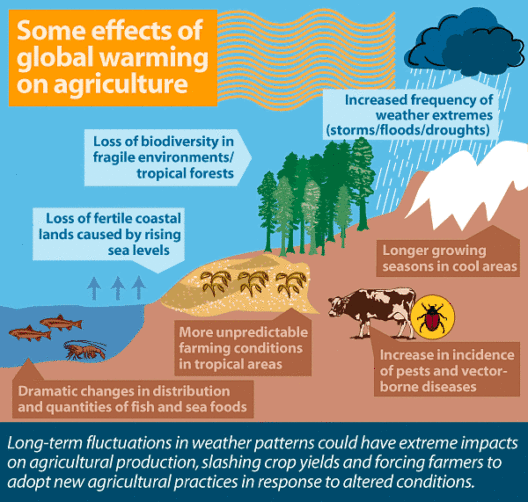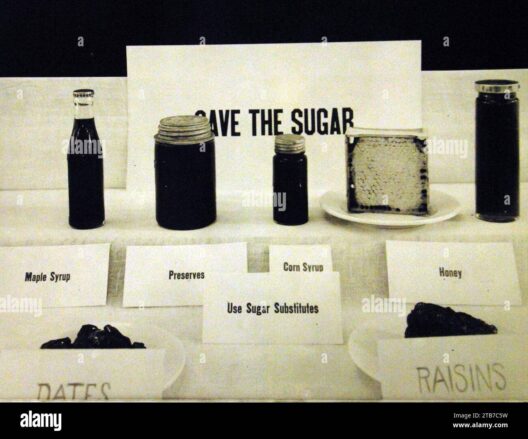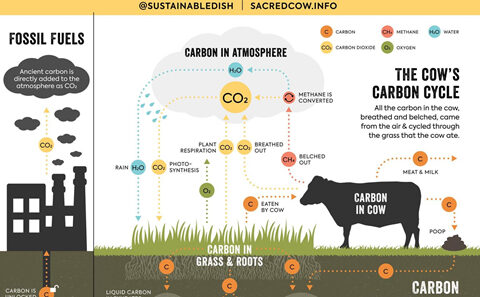Methane (CH4), an odorless and colorless gas, is often overlooked in discussions surrounding climate change. While carbon dioxide (CO2) frequently steals the spotlight, the true menace of methane lurks in the shadows. As the second most prevalent greenhouse gas emitted by human activities, methane poses a significant threat to our climate system, far surpassing CO2 in its ability to trap heat in the atmosphere. Understanding the dynamics of methane’s impact on global warming is essential as we strive to curtail the catastrophic effects of climate change.
At present, methane is approximately 25 times more effective than carbon dioxide at trapping heat over a century. Yet, this potency is not merely an abstract figure; it signifies the potential for accelerated climate change, leading to more frequent and severe weather events, biodiversity loss, and substantial disruptions to food and water supplies. The fascination with methane stems not only from its dramatic heat-trapping capabilities but also from the intricate web of processes that contribute to its emission. These processes, both biological and anthropogenic, reveal deeper insights into our good and bad environmental practices.
Methane primarily emanates from three major sources: agriculture, landfills, and fossil fuel extraction. In agriculture, livestock such as cows and sheep produce methane through enteric fermentation—a natural digestive process. This biological phenomenon contributes significantly to global methane emissions; in fact, livestock are responsible for over 30% of the total methane produced worldwide. The fascination with agricultural methane lies in the potential for innovative practices to mitigate these emissions. Implementing dietary adjustments for livestock, enhancing manure management, and utilizing greenhouse gas-reducing additives can drastically diminish methane output without jeopardizing agricultural productivity.
Landfills serve as another significant source of methane emission. When organic waste decomposes anaerobically—that is, without oxygen—methane is generated as a byproduct. The global proliferation of landfills, often lacking adequate methane capture systems, exacerbates this issue. The allure of tackling landfill emissions is the straightforwardness of solutions like improved waste segregation, recycling programs, and the adoption of composting practices. Communities around the globe can cultivate sustainable habits that not only reduce methane emissions but also extend the lifespan of existing landfill sites.
Fossil fuel extraction is perhaps the most insidious source of methane emissions. The process of drilling for oil and gas often leads to unintended methane leaks, referred to as “fugitive emissions.” These leaks occur during extraction, processing, and transportation, making them exceptionally difficult to quantify and regulate. This convoluted chain of events evokes questions not only about our dependence on fossil fuels but also on the efficacy of regulations and technologies designed to prevent such emissions. Innovations such as improved well integrity, regular monitoring, and leak detection technologies can lead to meaningful reductions, but the fundamental question remains: can society transition away from fossil fuels entirely?
Moreover, thawing permafrost presents an alarming feedback loop that further exacerbates methane’s menace. As global temperatures rise, previously frozen organic matter in permafrost begins to decompose, releasing stored methane into the atmosphere. The potential for this feedback mechanism to spiral out of control is significant, as accelerated warming leads to more thawing and, subsequently, more methane release. This self-reinforcing cycle indicates an urgent need for global action—again highlighting an increasingly intricate relationship between climate stability and methane emissions.
The mitigation of methane emissions involves multifaceted approaches that encompass technological innovation, policy reform, and public awareness. One promising avenue is the establishment of regulatory frameworks that prioritize methane emission reductions. Policymakers must work to create more stringent regulations on industries with significant methane outputs, incentivize practices that curb emissions, and establish clear pathways for transitioning away from fossil fuels.
Public awareness campaigns are crucial to engendering a shift in societal perception concerning methane. Engaging the public in discussions about this potent greenhouse gas can foster collective responsibility and encourage grassroots initiatives aimed at mitigating emissions. When individuals understand their role in both contributing to and solving the methane problem—through dietary choices, waste management, and energy consumption—they can become powerful agents of change.
Furthermore, international cooperation is vital in the fight against methane emissions. The Global Methane Pledge, adopted by numerous nations during climate conferences, aims to reduce global methane emissions by 30% by 2030. This shared commitment highlights not only the urgency of addressing methane emissions but also the acknowledgment that no single nation can combat climate change in isolation. By working together, countries can exchange knowledge, leverage resources, and create impactful solutions to this pressing issue.
As engaging as the topic of methane emissions is, the broader implications of understanding and addressing these emissions must not be underestimated. Methane’s potency as a greenhouse gas underscores the intricate relationship between human activities and climate change, revealing deeper truths about our environmental impact. The manifold sources of methane, combined with the potential for innovative solutions, create a landscape rich with opportunity for those willing to act. Society is at a crossroads, wherein the decisions made today regarding methane emissions will dictate the climate trajectory for generations to come.
In conclusion, the menace of methane should command our attention. Recognizing the sources of methane emissions and understanding their ramifications on global warming is crucial in formulating effective responses. As the world grapples with the growing impacts of climate change, the antidote to methane’s menace lies within our collective actions—innovation, awareness, and commitment can forge a path towards a more sustainable future. The time to act is now, lest we allow the silent menace of methane to dictate the course of our climate for generations yet unborn.









Outcome excellence delivered, results-driven approach works. Outcome-driven professionals. Outcome satisfaction.